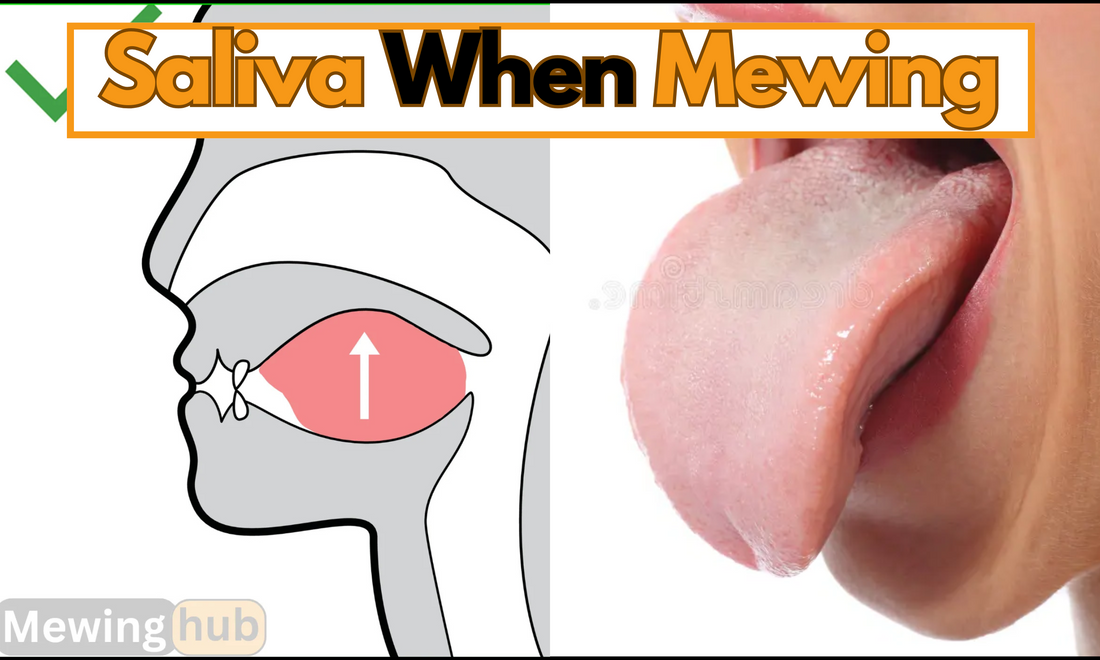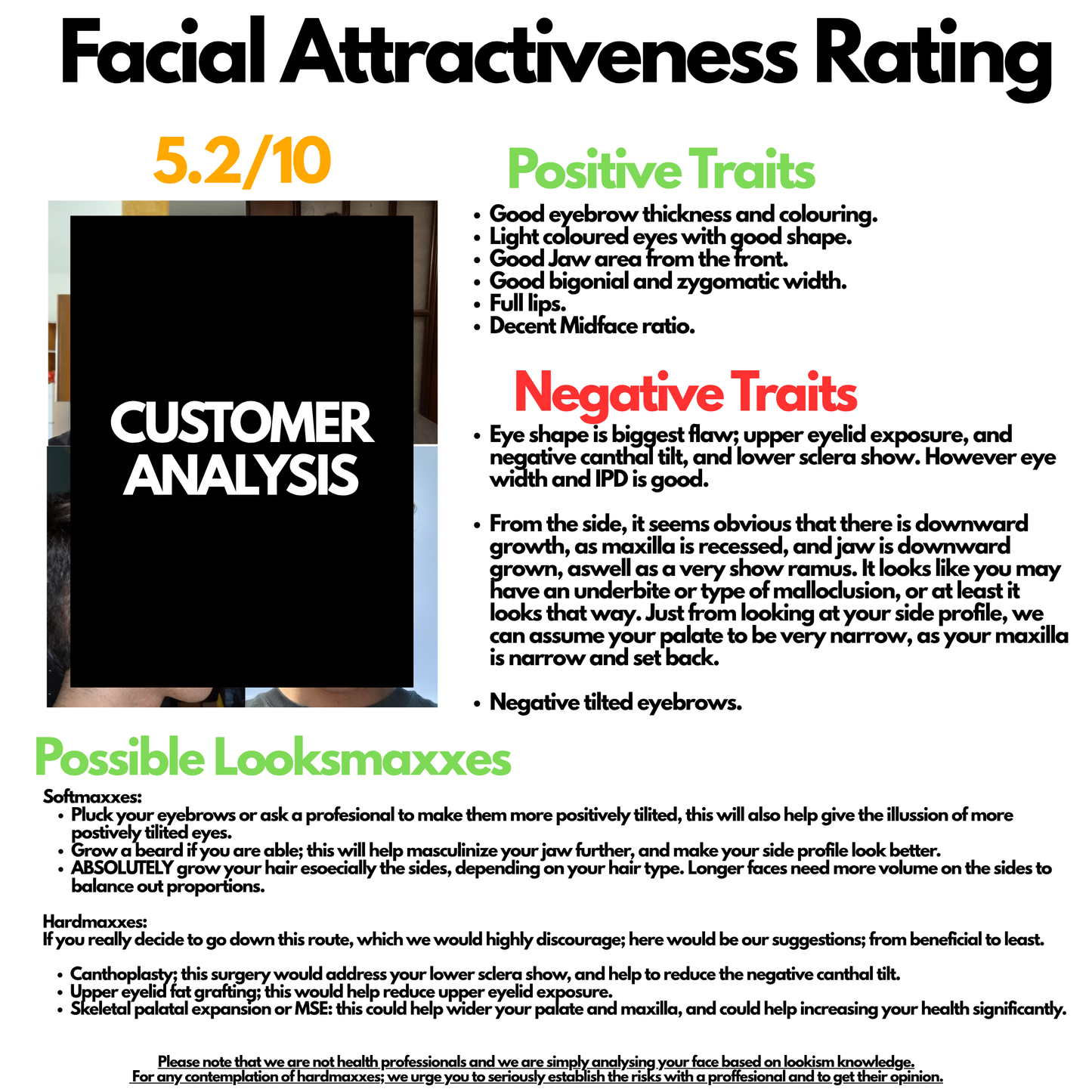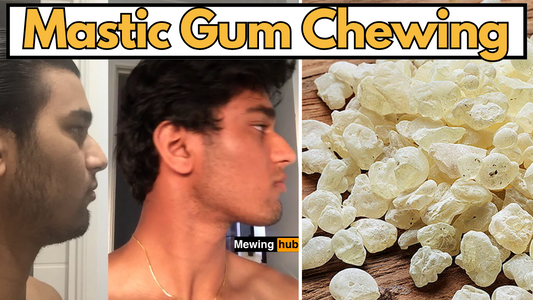Is It Normal to Have Excess Saliva When Starting to Mew?

Partager
Mewing, the practice of maintaining proper tongue posture, has become a popular technique for improving facial structure and oral health. However, many beginners report experiencing excess saliva when starting to mew, leading them to wonder if this is normal.
The short answer is yes—excess saliva is a common side effect for beginners and is usually temporary. In this article, we'll explore why this happens, how long it lasts, and how you can manage it effectively.
Why Does Excess Saliva Occur When Starting to Mew?
Excess saliva when starting to mew is a natural response as your body adjusts to the new tongue posture.

Here's why it happens:
1. Tongue Position Stimulation
When you place your tongue against the roof of your mouth (the palate), it stimulates the salivary glands located nearby. This stimulation can lead to increased saliva production, especially if your tongue isn't used to resting in this position.
2. Increased Muscle Activity
Mewing engages muscles in your tongue and jaw that may not have been actively used before. This increased activity can temporarily signal your salivary glands to produce more saliva as part of your body's adjustment process.
3. Breaking Old Habits
If you've been a habitual mouth breather or had poor tongue posture in the past, transitioning to proper mewing technique can initially confuse your oral muscles and glands, leading to excess saliva production.
Is Excess Saliva When Starting to Mew Normal?
Yes, experiencing excess saliva when starting to mew is completely normal. It's a common side effect for beginners as their bodies adapt to the new tongue posture. Most people find that this issue resolves on its own after a few days or weeks of consistent practice.
How Long Does Excess Saliva Last When Mewing?
The duration of excess saliva varies from person to person but typically lasts between one and three weeks. For some individuals, it may subside within a few days, while others might notice it lingering for a month or more. The key is consistency—your body needs time to adjust to the new tongue position and reduce unnecessary saliva production.
How to Manage Excess Saliva When Starting to Mew
If you're finding excess saliva uncomfortable or distracting while mewing, here are some tips to help manage it:

1. Practice Swallowing Techniques
Learning how to swallow properly while maintaining correct tongue posture can help manage excess saliva:
- Keep your tongue pressed against the roof of your mouth during swallowing.
- Avoid letting your tongue drop or touch your teeth while swallowing.
- Practice slow and deliberate swallows until it becomes natural.
2. Stay Hydrated
Drinking plenty of water can help regulate saliva production and prevent dry mouth, which can sometimes exacerbate the sensation of excess saliva.
3. Be Patient
Remember that excess saliva is temporary and will subside as your body adjusts to mewing. Stay consistent with your practice and give yourself time to adapt.
4. Chew Gum (Optional)
Chewing sugar-free gum in moderation can help regulate salivary gland activity by giving them something else to focus on when you're not actively mewing.
Tips for Effective Mewing Without Discomfort

To ensure you're practicing mewing correctly and minimizing discomfort:
-
Check Your Tongue Placement
Ensure that your entire tongue (not just the tip) is pressed against the roof of your mouth without touching your front teeth. This reduces unnecessary strain on your salivary glands. -
Relax Your Jaw
Keep your jaw relaxed with your teeth lightly touching or slightly apart; clenching can exacerbate discomfort and lead to tension headaches or jaw pain in addition to excess saliva issues. -
Practice Gradually
If you're finding it difficult to maintain proper tongue posture for long periods, start with short sessions and gradually increase the duration as you become more comfortable with mewing.
When Should You Be Concerned About Excess Saliva?
While excess saliva when starting to mew is usually harmless and temporary, there are situations where you should consult a healthcare professional:
- If excessive salivation persists beyond a month without improvement
- If you experience difficulty swallowing or speaking due to excess saliva
- If you notice other symptoms like jaw pain, swelling, or persistent discomfort unrelated to mewing
A dentist or orthodontist familiar with oral posture techniques can provide guidance tailored to your specific needs.
Benefits of Overcoming Initial Challenges in Mewing
While dealing with excess saliva might feel inconvenient at first, it's important to focus on the long-term benefits of proper tongue posture:
- Improved facial symmetry and jawline definition
- Enhanced breathing through nasal passages
- Potential prevention of dental alignment issues
- Better overall oral health and reduced risk of sleep apnea or snoring
By staying consistent with mewing despite initial challenges like excess saliva production, you're setting yourself up for these potential long-term improvements.
Conclusion: Adjusting Naturally Over Time
So, is it normal to have excess saliva when starting to mew? Absolutely! This common side effect is simply part of your body's adjustment process as it adapts to proper tongue posture.
With patience, consistent practice, and minor adjustments like practicing swallowing techniques or staying hydrated, you can overcome this temporary challenge and continue reaping the potential benefits of mewing.
Remember that everyone's journey with mewing is unique—what matters most is staying committed and focusing on gradual progress over time!








